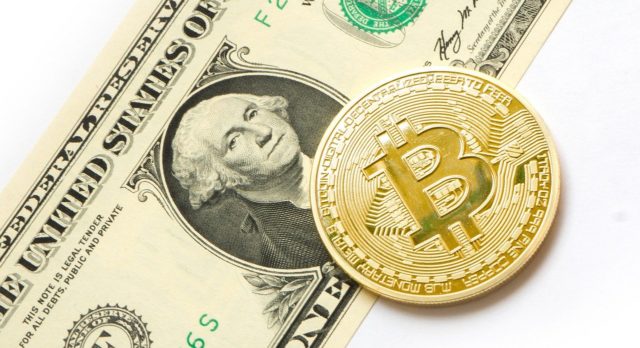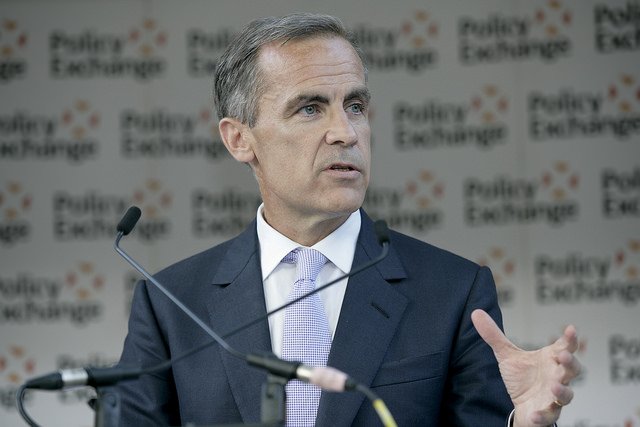A real estate company based in Barcelona, Spain has sold an apartment for Bitcoin as cryptocurrency enters the mainstream.
A New Way To Pay
Mister Piso, a real estate company based in Spain, has sold the first piece of real estate using Bitcoin as legal tender. The company is hoping that a shift into cryptocurrency could accelerate sales and revitalize the housing sector.
Bitcoin and similar cryptocurrencies have steadily gained popularity since its inception around 2009, but why does this appeal to businesses or the consumer?
Bitcoin was initially created as an alternative to the current financial system, a device used to circumvent middlemen such as banks and other regulatory bodies. This works because Bitcoin, like other currencies, was created as a peer-to-peer platform and does not require any central body to store the information associated with transactions. Simply put, property buyers and sellers can hinder the influence of banks and greatly reduce the cost of commissions by using Bitcoin.

A Volatile Market
The owner of the apartment closed the deal for 40 bitcoins, a modest amount of money. One bitcoin is worth about $11,840 as this article is written, meaning the residence sold for approximately $475,000.
Bitcoin does not have a fixed rate, however, and has experienced large swings in price over the past year. This causes Mister Piso to take on some risk when accepting Bitcoin, but this risk is calculated. Although the currency has the potential to drop significantly overnight, it should be remembered that the value of Bitcoin rose almost 1,500% over the course of the past year.
The company is fully embracing the risk associated with the currencies though, already announcing they have a second piece of property for sale in Bitcoin.

Changing Times
The aforementioned piece of real estate had been on the market for five years before the current owner, Anna Durango, agreed to accept Bitcoin as a form of payment. Durango said that Mister Piso suggested the idea to ensure that the property would hold a high value in relation to its initial price, as well as to streamline the sale.
The manager of Mister Piso’s Tarragona office, Gerard Platero, elaborated on the position, stating,
It’s a much cleaner transaction, and you do not have to have cash in the moment, you can have this bitcoin wallet and have something that is not tangible. If I saw a flat and liked it, instead of paying and signing and having to go to a notary, I could make the transaction very quickly in the moment, according to the value of bitcoin, and all parties are happy.
Platero explained that this “cleaner” transaction allows property owners or buyers to circumvent banks, and, therefore, avoid or reduce additional costs such as commissions.
Will we see more people making purchases using cryptocurrency? Will crypto be used for bigger purchases or will we see more day-to-day uses? Let us know your thoughts in the comments!
Images courtesy of Pixabay, ACN
The post Spain: First Real Estate Sale Using Only Bitcoin in Country appeared first on Bitcoinist.com.







 (@BrisbaneAirport)
(@BrisbaneAirport) 





























